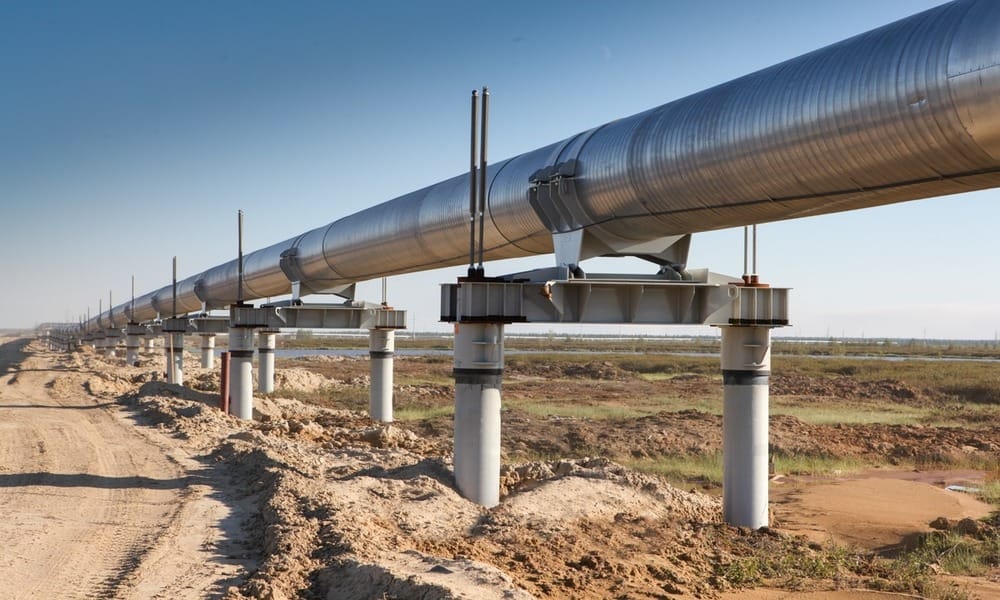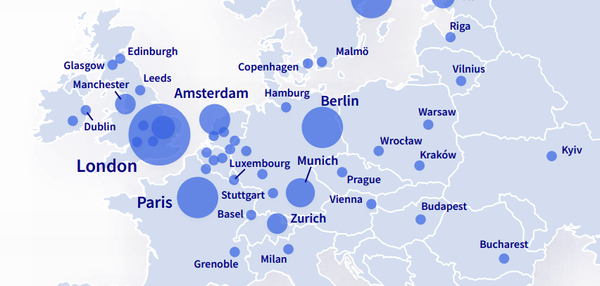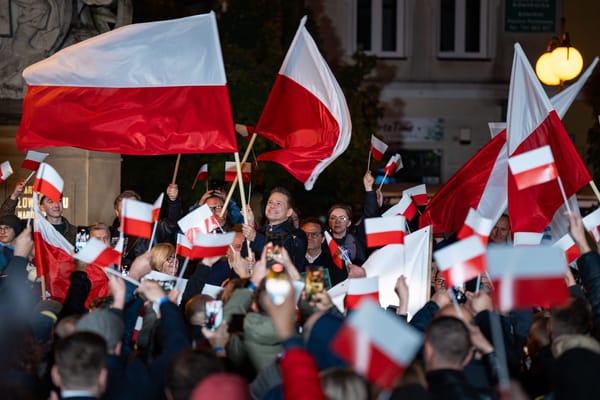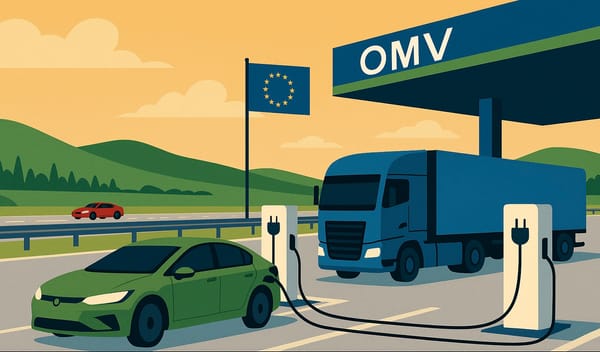
Poland's Orlen losing millions over Russian oil ban
Poland’s state-controlled oil company, PKN Orlen, is facing significant losses due to the EU banning Russian crude oil. The company is struggling to find alternative supplies for its Czech refinery and is losing millions of dollars every day, Polish daily Gazeta Wyborcza reports.
PKN Orlen CEO Daniel Obajtek told UK business daily The Financial Times that the company is losing around USD 27mn a day due to the price disparity of about USD 30 per barrel between Russian oil and alternative supplies. Obajtek added, however, that “this is a market cost that applies to every company that does not import oil from Russia”.
Despite Poland’s initial pledge to stop importing Russian oil by the end of last year, Orlen continued to import Russian oil into its domestic market until February 2023. PKN Orlen announced last month that it had ended its last contract with Russian company Tatneft, saying it could not have done so earlier if it had not risked a Russian lawsuit for violating the terms of the contract.
EU banned sea deliveries in 2022
Last year, the EU forbade seaborne oil imports from Russia but exempted oil transported overland through the Druzhba pipeline network, which links Russia to Poland and a handful of other EU countries.
However, Brussels has proposed ending the exemption for oil through north Druzhba in its latest sanctions package, which would not affect Orlen’s Czech refinery, as it uses south Druzhba.
Despite Orlen struggling to wean itself off Russia, Obajtek says Russian oil companies are still “flooding Europe with petrochemical products” and other oil derivatives despite EU sanctions designed to reduce Russia’s ability to finance its war in Ukraine. He listed several loopholes that had allowed Russia’s oil sector to continue to earn “decent money” from the EU, without offering concrete evidence of sanction violations.
EC to close further Russian energy loopholes
The European Commission (EC) is also considering new restrictions on certain EU exports to countries that it suspects are re-exporting sanctioned products to Russia. Some experts have also questioned Brussels’ enforcement of its own sanctions, saying EU exports could also be reaching Russia through countries such as Armenia, Kazakhstan and Kyrgyzstan.
Despite the challenges, Obajtek sees the potential to expand abroad, notably in Germany. PKN Orlen dominates the market in Poland and also has refining operations in Lithuania. Obajtek says he is “very interested in the German market” and that the company has already 600 stations there.





